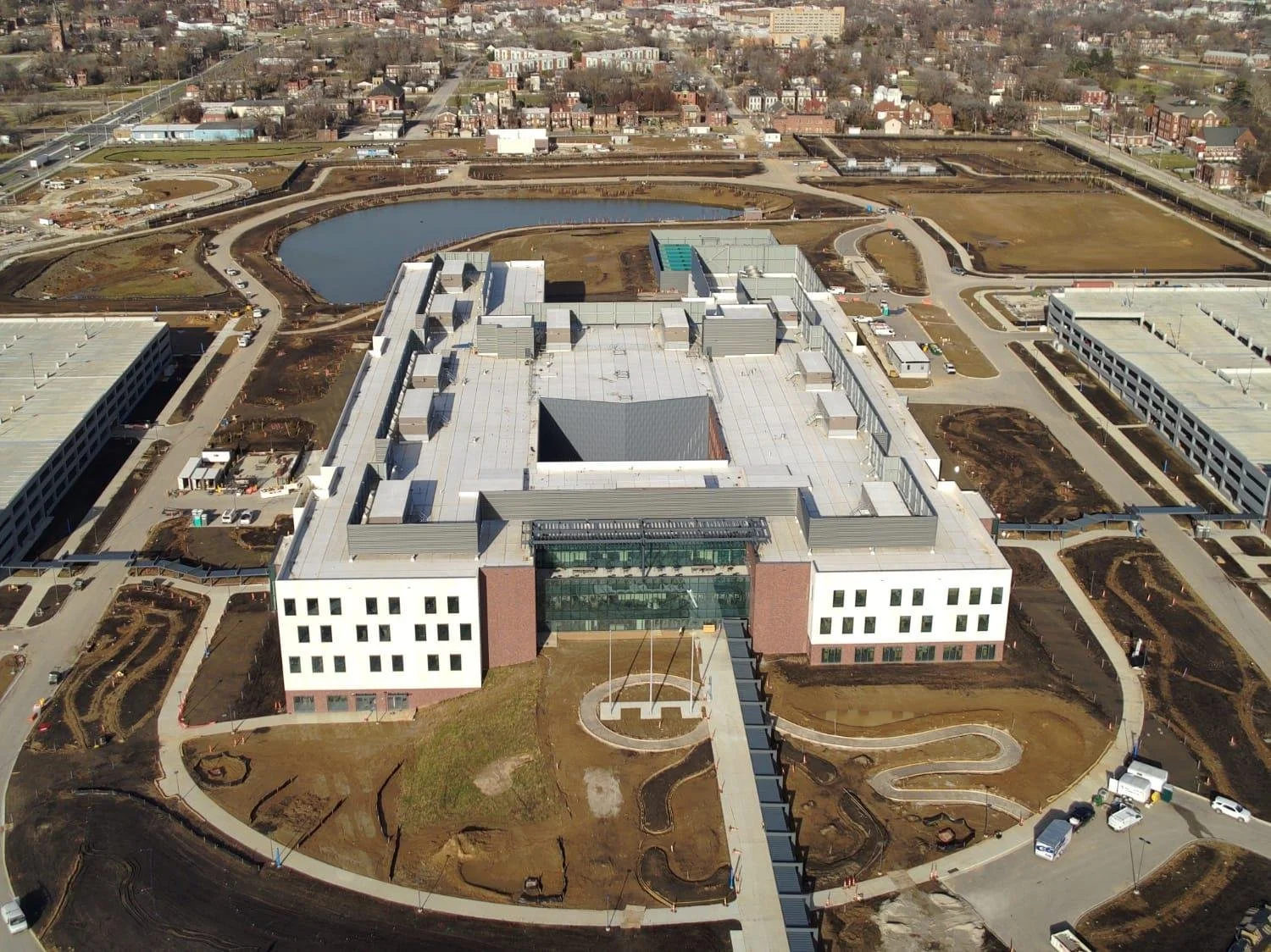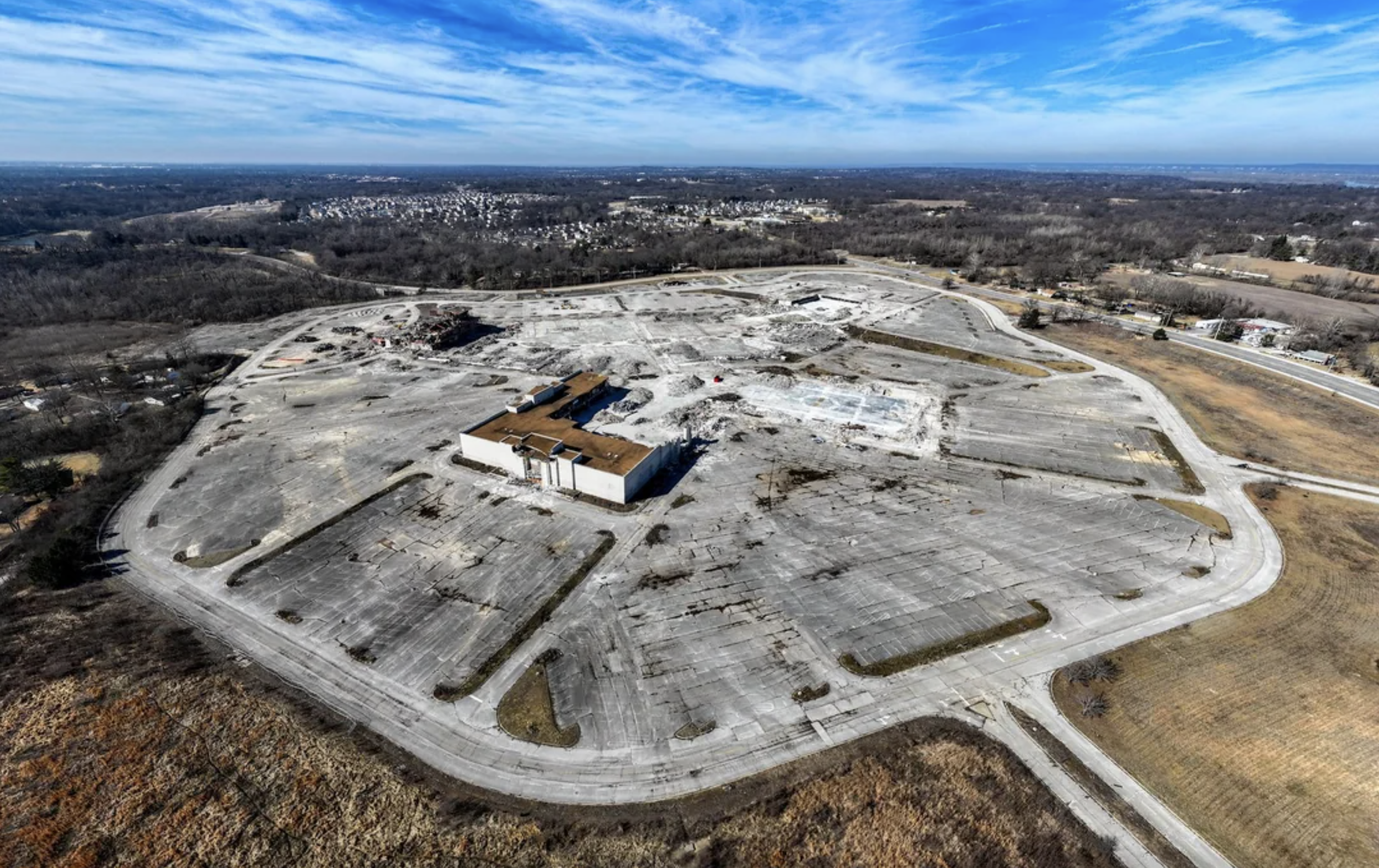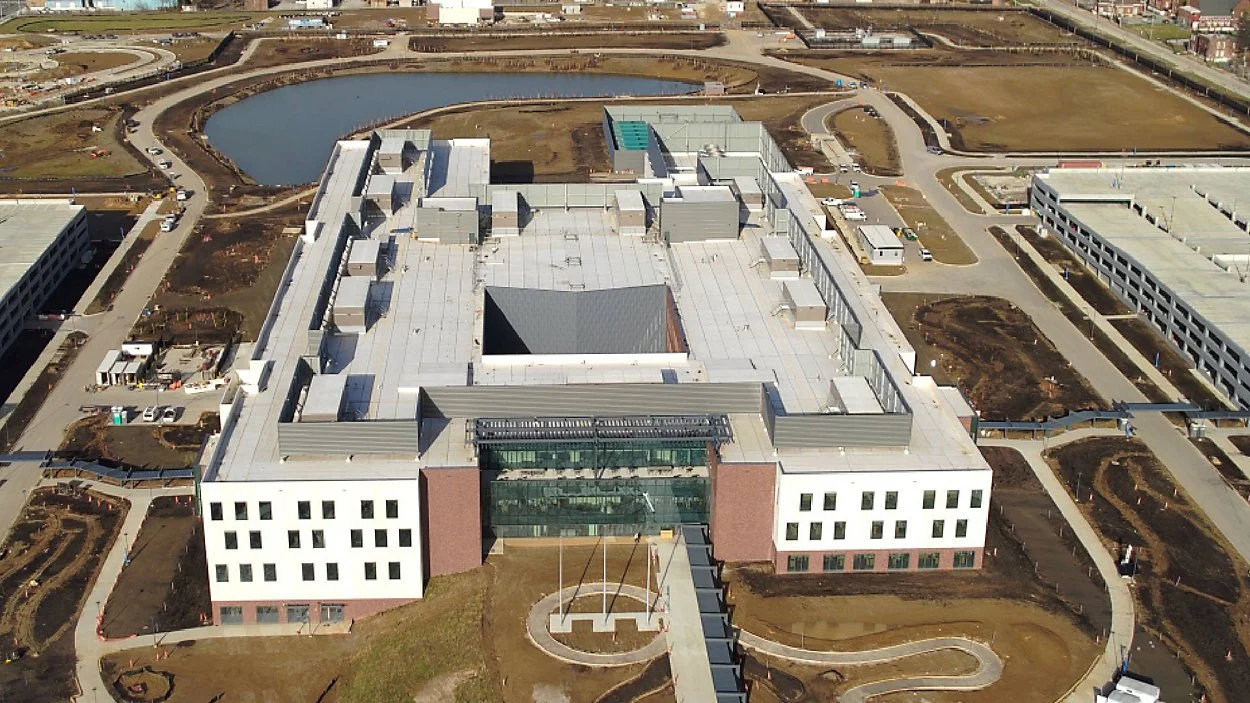Despite continuing challenges in supply chain and workforce, the CRE market for healthcare and senior living projects in St. Louis remains healthy, thanks to some strategic pivots, according to panelists at the 2022 MetroWire Media Healthcare + Senior Living Summit, hosted by Brahms Construction (a Dover Companies business) in St. Louis, Mo. on September 27.
Kelly Reed, chief revenue officer with the Dover Companies, moderated the session, which featured insights from Matthew (Matt) Goebel, president, Brahms Construction; Adam Walter, vice president, Lument; Michelle Hamilton, business development director, Spellman Brady & Company; and Joseph (Joe) Lampe, director – healthcare, Cornerstone Commercial Realty.
Dover develops senior living communities; Brahms has 56 facilities in seven states; Spellman Brady is a women-business-enterprise/women-owned organization that works in design and artwork for senior living, education and healthcare entities; Lument is a commercial real estate lending bank exclusively serving hospitals and senior housing, and Cornerstone is a real estate brokerage working in healthcare only that serves five area hospitals and physician groups.
“The need for senior living communities is great, especially in under-served areas,” Reed said.
In asking for comments about the state of healthcare and senior living resources in the St. Louis market, Reed noted that “the adult child as a shopper for their parent” is a current trend. Virtual tours were a “great resource” during the pandemic and remain invaluable even post-Covid: “Customers might not have the opportunity to view facilities in person, so we had to shift and reinvent technology because these days, the customer experience begins online,” she said.
Businesses had to pivot as a result of the pandemic, Goebel said. “We engaged with third-party developers and are doing a lot more remodels from coast to coast because new buildings are not being built. Everyone is looking to refresh their properties.”
At Spellman Brady, “we were able to cross-populate projects and move more toward hospitality-based design,” Hamilton said. Requests for private space for healthcare staff to relax and rejuvenate themselves have increased, and expectations are that the baby boomer generation will need more senior facilities by 2030 as they retire.
“We’re seeing a lot of renovation work to elevate space to a higher quality and be more functional,” Hamilton said. “We’re designing for the next disaster to protect inhabitants, staff and visitors. It’s fascinating how we’re all borrowing (ideas and approaches) from each other.”
Panelists and their companies responded to the isolation of the pandemic in various ways, many of which were technology-based. “Technology expedited our ability to stay in touch,” Hamilton said.
“Capital solutions evolved during Covid,” said Walter. “We saw bridge loans as an opportunity for direct lending in acquisitions because many long-term owners wanted to exit the market. Owners were looking to diversify, which I expect to see as a strong continuing trend.”
The current environment is “an exciting time to be in healthcare real estate — we aim to lead clients into solutions,” Lampe said. “We were seeing increased confidence going into the pandemic that is continuing. It’s been a dogfight in private equity for physician practices. We’re now seeing much longer-term leases than I’ve ever seen before — 10 to 15 years.”
Current challenges include consumers paying more attention to how healthcare physical plants look and feel, Reed said, and that is driving design and renovation efforts.
Supply chain issues continue to bedevil the healthcare field.
“We’re getting product into town, but it’s still a challenge,” Hamilton said. “It requires earlier planning in acquisitions and greater care in setting budgets. Acquisition assistance is a big part of any new business. The main challenge is finding a balance between budget constraints and creating safe spaces. A lot of properties are prime for renovation.”
Reed noted that healthcare professionals have to be very careful about purchasing existing properties because “you never know what you’ll get”: A recent building acquisition came with more than 150 feral cats!
The pandemic era has had a positive impact on how clients respond to any continuing challenges and the occasional surprises: “People are being more flexible and understanding about delays and needing alternatives to their choices in materials or products,” Hamilton said.
The financial side of the healthcare real estate industry is having an impact as well. “A lot of clients have put projects on the back burner as interest rates have been going up,” Walter said. “They are waiting for the market to stabilize. From an operational standpoint, staffing is still a huge challenge. National compression over time is making it harder and harder to do some projects.”
Lampe is seeing a similar concern in working with landlords needing to fill or maintain commercial projects for healthcare entities as clients ask for space that responds to patient, staff and visitor requests for softer furnishings and less technical or industrial-seeming environments than in the past. “It’s hard to justify the return on investment on the atmosphere of your space,” he said. “If a building is visually detrimental, it can be hard to convince owners to upgrade it before they can sell. We have to make the case that, for instance, alarms might be out of code or a building will have unnecessary dedicated spaces that the owner will have to fix before anyone will buy.”
For the banking side of the healthcare industry, change is coming in the next six months. “A slowdown is coming,” Goebel said.
Panelists agreed that the pandemic has driven a greater understanding of the effect of a healthcare building on the physical and mental wellness of everyone who works, receives care or visits there.
“Design, art and furniture are things that people think about more from a biophilic or natural approach now,” Hamilton said. “We have to understand that demographic when we draw on colors and space. There’s also an increased demand for activities outdoors. We have to work closely together so design and products align with what patients and staff need.
This trend is also important from a practical perspective, she said: “If you don’t stay up to date, you can take a hit from Medicare.”
Walter alerted participants to building for the “active adult” as a new asset class — a product developed in 2016 but becoming increasingly popular in healthcare communities today.
“These are essentially age-restricted — 55-plus — rental properties with an amenity-rich lifestyle focused on wellness,” he said. The average age of the active adult is 72 to 74, compared to 80 and older for traditional senior living communities. That demographic is a factor in whether to build on an existing campus or build something new, he said.
According to Lampe, “we are seeing demand for more space in waiting rooms and larger areas for receptionists and other staff. How common areas feel is more and more important.”
Goebel noted that when thinking about the wellness factor, “it is critical for everyone to know that construction is a very stressful environment. It’s the largest industry with mental health issues because it’s such a push-push industry with constant deadlines.”
Asked about the biggest deals in the St. Louis healthcare market, Lampe listed the BJC vascular center, Mercy Health Creve Coeur projects and Mercy South Cancer Center and an upcoming Kindred Healthcare site.
“There are also a lot of smaller deals,” he said. “The last two years have been the busiest I’ve ever seen in that arena, and there will be continued ripple effects in independent practices.”
Goebel expects St. Charles County to see substantial growth in healthcare facilities.
Altogether, panelists agreed that the St. Louis healthcare market is doing well and should see continued growth and expansion, with ever-increasing attention paid to the way commercial properties support the physical, mental and emotional needs of all user demographics.





